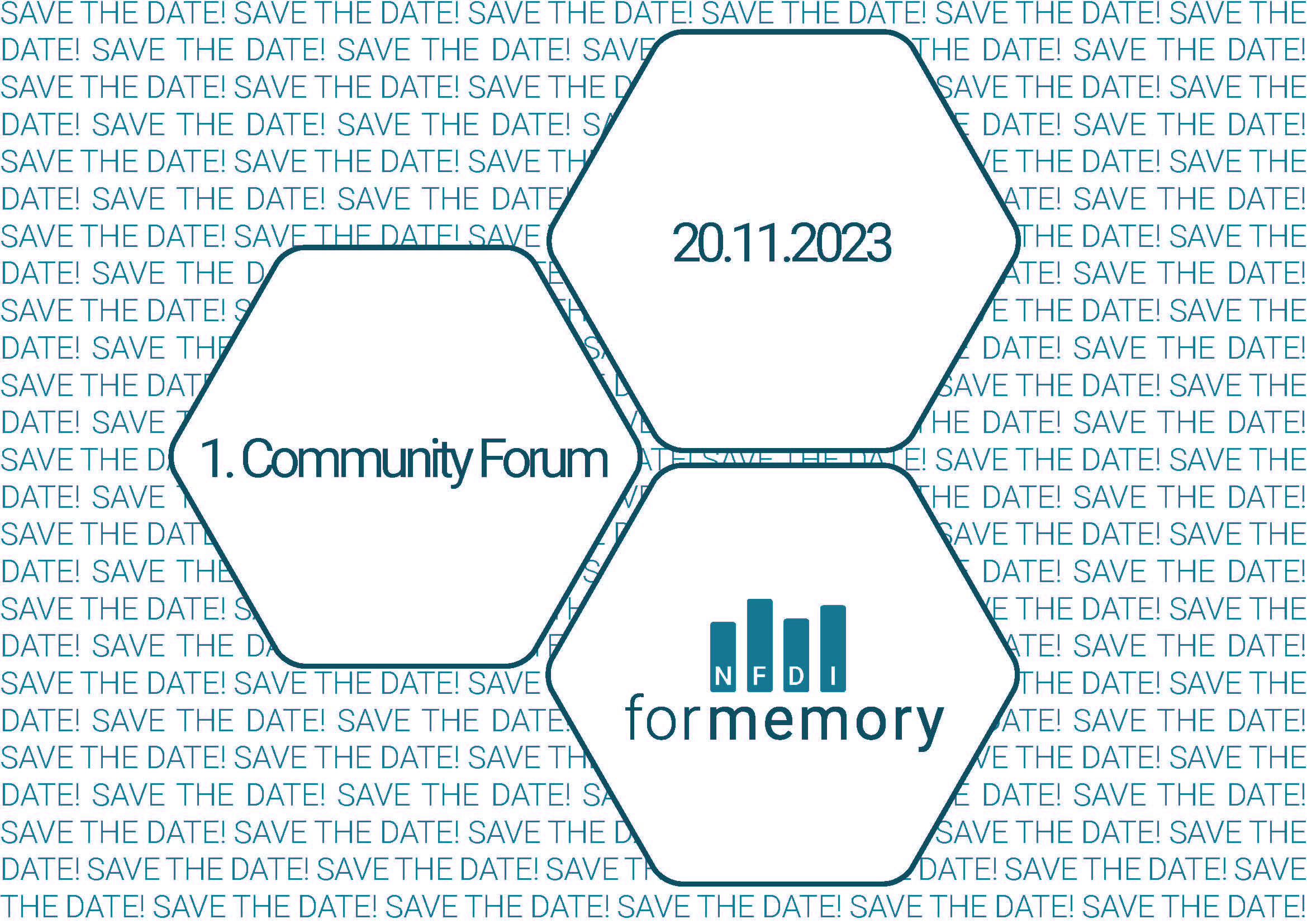All recordings of the sessions are available at:
https://www.youtube.com/@UofTDHN
Download PDF program for the symposium
The Critical Digital Humanities Initiative (CDHI) warmly welcomes you to a virtual half-day symposium on collaborative efforts to ensure the sustainability of digital research. Digital scholarship is firmly established in the research landscape and many digital projects are used extensively with development spanning decades. However, the hurdles researchers confront in ensuring the enduring accessibility and functionality of their digital projects differ significantly from the challenges encountered during the initial creation of innovative digital tools.
The symposium will be an opportunity to explore the diverse strategies that digital humanities researchers use to ensure the lasting sustainability of their projects. We will explore inventive collaborations within the digital humanities community and spotlight approaches through which researchers in North America, the UK, and Europe have navigated the complexities of redesigning their projects for sustained accessibility and functionality in digital research.
Program
9:30 am
Welcome, access check, and land acknowledgement given by Danielle Taschereau Mamers
Introduction to Today’s Event, Claire Battershill
9:45–10:30 am, Panel A, moderated by James Ginther
Hans Brandhorst, Editor in Chief at Iconclass, “DIY Sustainability: The Iconclass Consortium”
Arianna Ciula, King’s College, England, “Overview on King’s Digital Lab Approach to Archiving and Sustainability: Context, Practices and Challenges”
Q&A (15 min)
10:30–11:15 am, Panel B, moderated by TBA
Jörg Wettlaufer, Academy of Sciences and Humanities in Lower Saxony, Germany, “Sustainability in the Digital Humanities: Some Insights from a German Research and Cultural Heritage Institution”
Christian Steiner, University of Graz, Austria, “A Roadmap for Accessibility, Stability, and Preservation using Linked Open Data und Institutional Repositories
Q&A (15 min)
11:15–12:00 pm Panel C, moderated by Teresa Wong
Susan Brown, University of Guelph, “Standards and Interoperability for Sustainability: The CWRC and LINCS Infrastructure Projects”
James Cummings, Newcastle, England, “Building for Failure: Embracing sustainability and principles for digital longevity in Digital Humanities”
Q&A (15 min)
12:15–12:30 pm
Reflection given by Harriet Sonne de Torrens
Concluding discussion moderated by Betsy Moss










